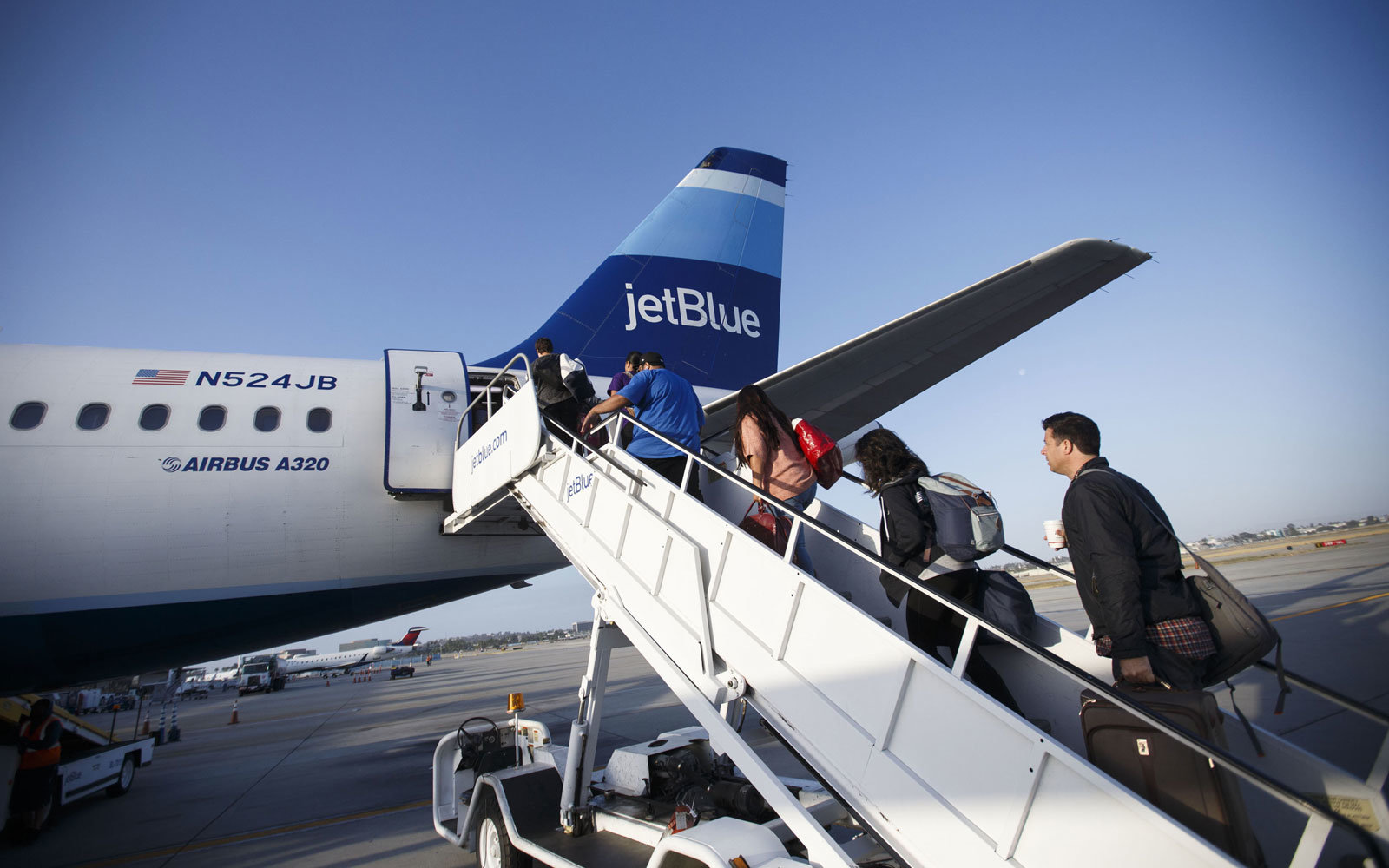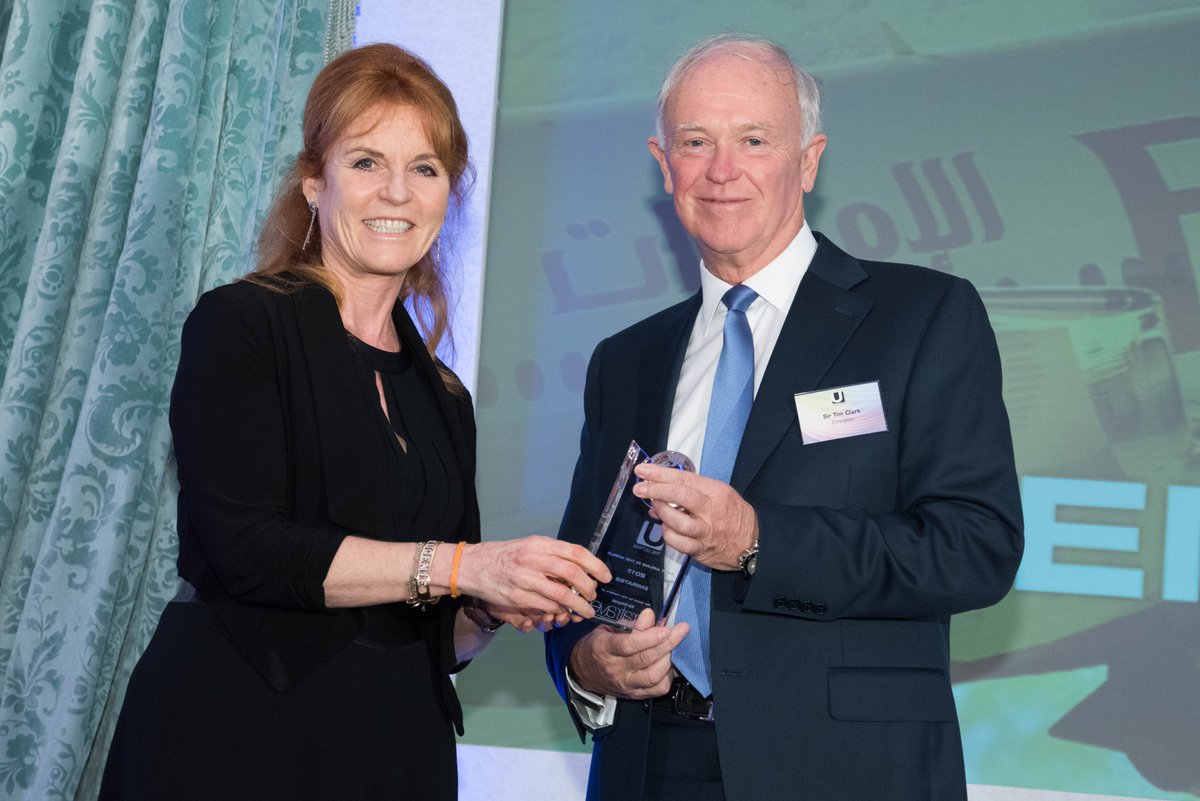5 hours ago

A judge at Manchester County Court today ruled in favour of consumers in the flight delay test case Goel & Trivedi v Ryanair – a decision which stands to benefit millions of passengers.
Judge Platts ruled Ryanair cannot dictate how long passengers have to claim flight delay compensation through a clause in its small print.
Ryanair has been arguing that by accepting the airline’s conditions when they buy a ticket, passengers agree that they only have two years to take a claim to court, despite the Supreme Court saying they have six years.
Article 15 of Flight Delay Regulation EC 261/2004 states that airlines “cannot limit or restrict the rights contained in the Regulations”.
Platts upheld Article 15 and argued: “On any view that must amount to a restriction or limit on the airline’s obligation to pay and thus fall foul of Article 15.1.”
The test case is likely that all other flight compensation claims in England and Wales across will now follow the decision.
ADVERTISEMENT
Flight delay Regulation EC 261/2004 entitles passengers to claim flight compensation of up to €600 per person for delays of three hours or more, as long as the delay was not caused by ‘extraordinary circumstances’.
The law states that airlines must apply the limitation period (how long a passenger has to take the claim to court) of the country where the claim is lodged.
The Supreme Court ruling in Dawson v Thomson Airways clarified that passengers in England and Wales have SIX years to take a claim to court in October 2014.
Although no other airlines are currently running the two year limitation argument, the majority have a similar clause in their conditions stating that passengers only have two years to issue court proceedings.
A statement from Ryanair following the decision read: “We note this ruling which reverses Lower Court orders that a two year time limit for claims is reasonable.
“Since we believe a six year time limit for submitting such claims is both unnecessary and unreasonable, we have instructed our lawyers to immediately appeal this ruling.”










